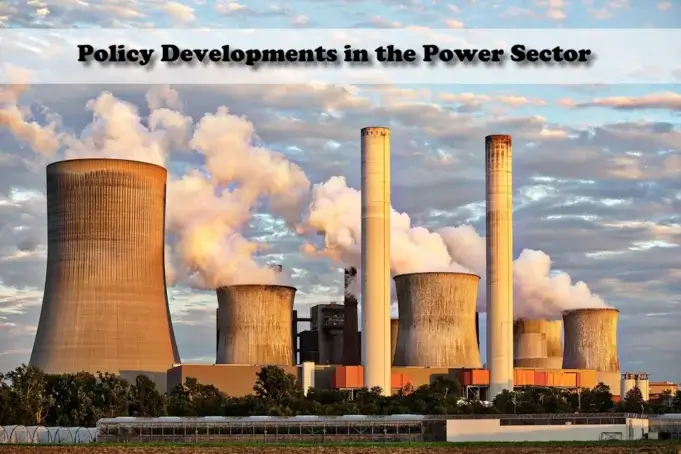The Union Minister for Power and New & Renewable Energy has said that using Pumped Storage Projects is a cost-effective way to store electricity. The Ministry has set out rules to encourage the development of Pumped Storage Projects in the country on 10 April 2023. According to the Ministry, right now, there is no plan to let private companies have these Pumped Storage Projects without going through the stipulated process.

In the meantime, the Power Minister has approved a plan to give extra money (Viability Gap Funding) for Battery Energy Storage Systems (BESS) with 4,000 megawatt-hours (MWh) of capacity.
Under this plan, the government will pay up to 40 percent of the cost to set up BESS. Public and private companies will be chosen through a bidding process to make these systems. This will happen over the next three years (from 2023 to 2026). At least 85 percent of the electricity from these projects will be given to power distribution companies (Discoms) before others can use it.
In another development, to reduce the water consumption by thermal power units, the Ministry of Environment, Forest and Climate Change made rules on how much water Thermal Power Plants can use. To implement the rules and reduce their water consumption the Thermal power plants in India are taking the following steps:
- They are using a new technology called Air Cooled Condenser (ACC) in some projects to save water.
- They use treated sewage water if they are close to sewage treatment plants.
- They are adopting modern techniques like Dry Fly Ash Handling and High Concentration Slurry Disposal to use less water.
- They are also recycling water from ash ponds and using wastewater for other things to save water.











